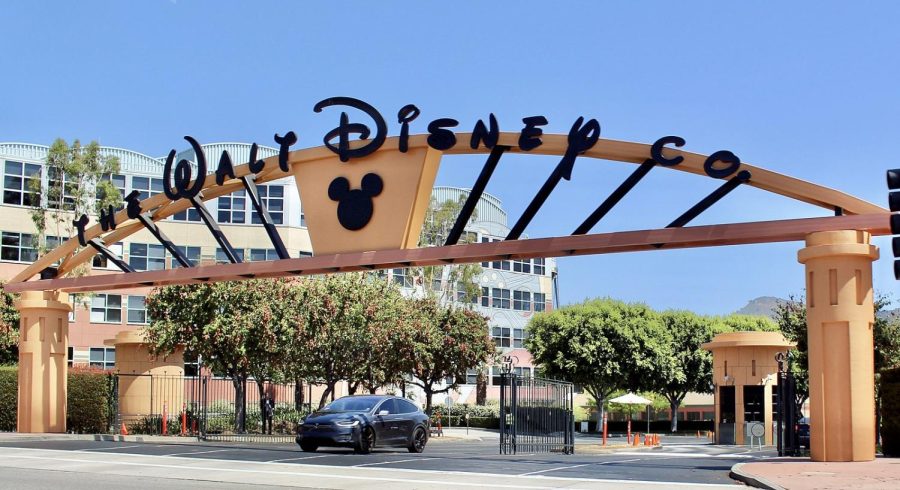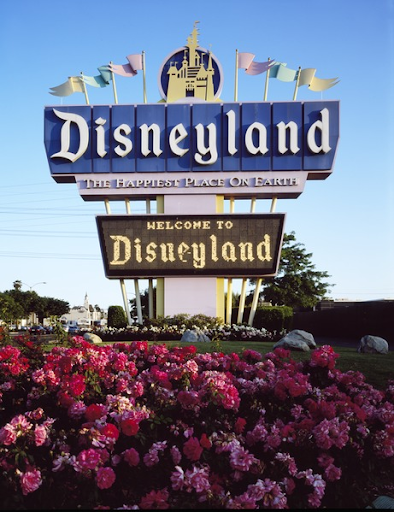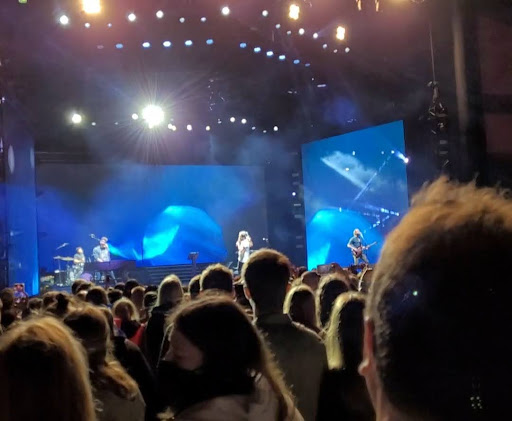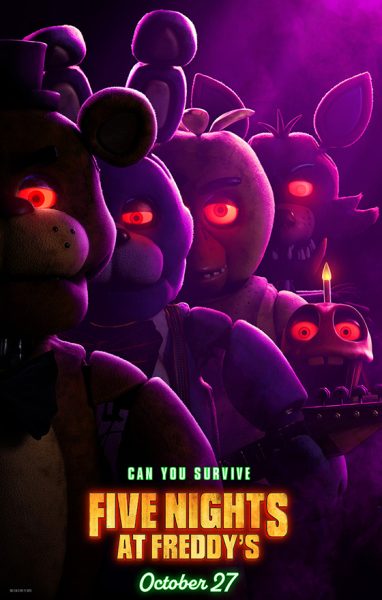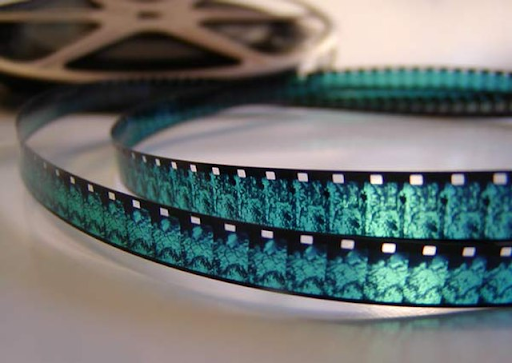The age of nostalgia? More like the age of poor imitations
Is Walt Disney Studios the biggest player in the age of nostalgia or the most guilty in making lackluster imitations?
The age of nostalgia.
That’s what I call this era of creative content. I can probably count on one hand the amount of original content that has been made recently and received my personal attention. From busted remakes to long, underwhelming sequels coming out a decade too late to poor book-to-film adaptations, is anything original anymore?
To me, 90 percent of films and TV released in the last decade have been poorly executed imitations of good stories. Not only is this extremely uncreative from a storytelling standpoint, but it’s made worse by such poor delivery.
Some of the best examples of poor book-to-movie adaptations are the film versions of “Percy Jackson & the Olympians” by Rick Riordan, an extremely popular book series with a very dedicated fan base. The first movie, “The Lightning Thief,” was released in 2010, and the fan base was not pleased. Not only was there a lack of accuracy in the plot, which should have been the easiest element of the book to translate to screen, but characters were portrayed inaccurately. Everything from age to hair and eye color was way off.
Since this release, there have been several book-to-film adaptations that may be decent movies, but when compared to the original content, they are just lackluster imitations. For example, “‘The Maze Runner” and “Divergent” suffered significantly in their adaptations, which disappointed a lot of people.
Book-to-movie adaptations aren’t the only type of film suffering from the trend of nostalgia; Disney has succumbed to this trend as they continue to remake movie after movie. Out of Disney’s original twelve Disney princess films, five had live-action remakes, and there are two more in the works. This means that over half of Disney’s biggest stories now have lukewarm remakes following them for the next generation.
Even Disney’s Pixar, an animation studio known for making whimsical, original films, has, in some cases against their own judgment, made some not-so-great sequels. Case in point: Cars 2, released in 2011. It is rumored that the movie was purposefully made to be bad so Disney wouldn’t push Pixar for more sequels. Unfortunately, that didn’t work out so well; since then, Pixar has released five sequels out of twelve movies released in this decade.
While not the only ones guilty of using nostalgia or reusing stories to gather an audience, Disney’s lack of originality is obvious now more than ever, especially now that they have so much content to work with in terms of storytelling, with Marvel, Pixar and Star Wars under their control.
This brings us back to ‘Percy Jackson and the Olympians.” At their most recent showcase, thirteen years after the final book’s release, Disney released a preview of a new show that follows the story of Percy Jackson. The devoted “Percy Jackson” fan base is extremely excited about this development, but others are a bit nervous, especially after the disasters that were the movies.
My question is, why? Why, thirteen years after the release of the last book and twelve after the release of the first movie, would Disney attempt to remake a story that’s already been done? The “Percy Jackson” series had its time, and the fans are going to judge the show brutally when it’s released.
The unfortunate answer is money. The more Disney Plus memberships and movie tickets they sell, the more money Disney gets. At the end of the day, there’s always time to make new stories, but there’s more money to be made when playing off of the nostalgia of several generations, which is what companies like Disney do best.
We will see soon enough if Disney will be able to pull off a feat as big as redeeming the “Percy Jackson and the Olympians” series. But will it be worth it? That is a question only the fans can answer, and even after that, there are always more remakes and sequels to come as long as money can be made. All we can do now is hope that this age of poor imitations, lackluster book adaptations, and long overdue, underwhelming sequels comes to a close sooner rather than later.

